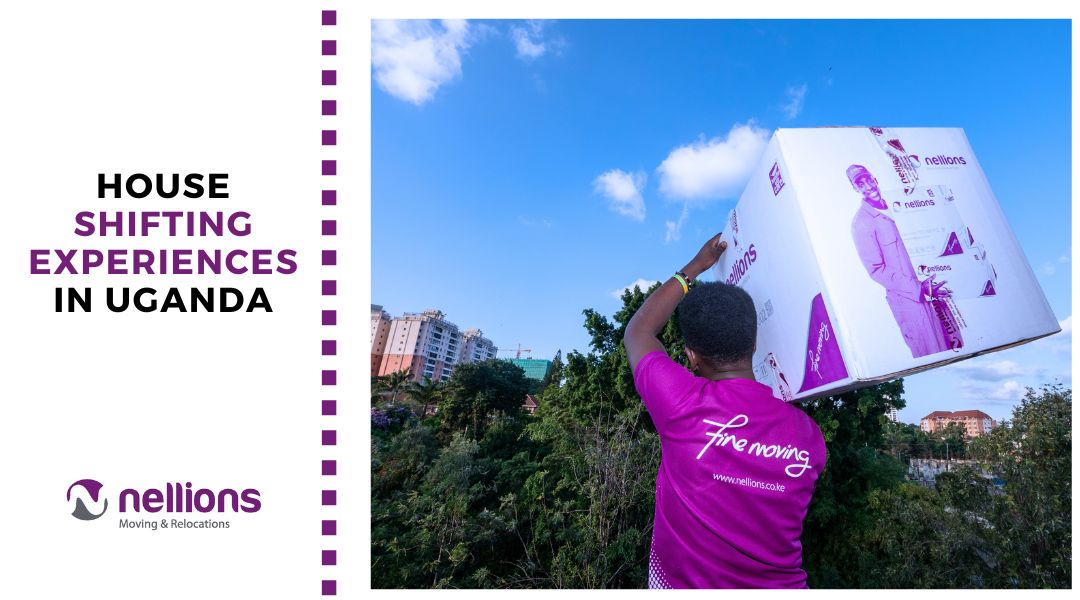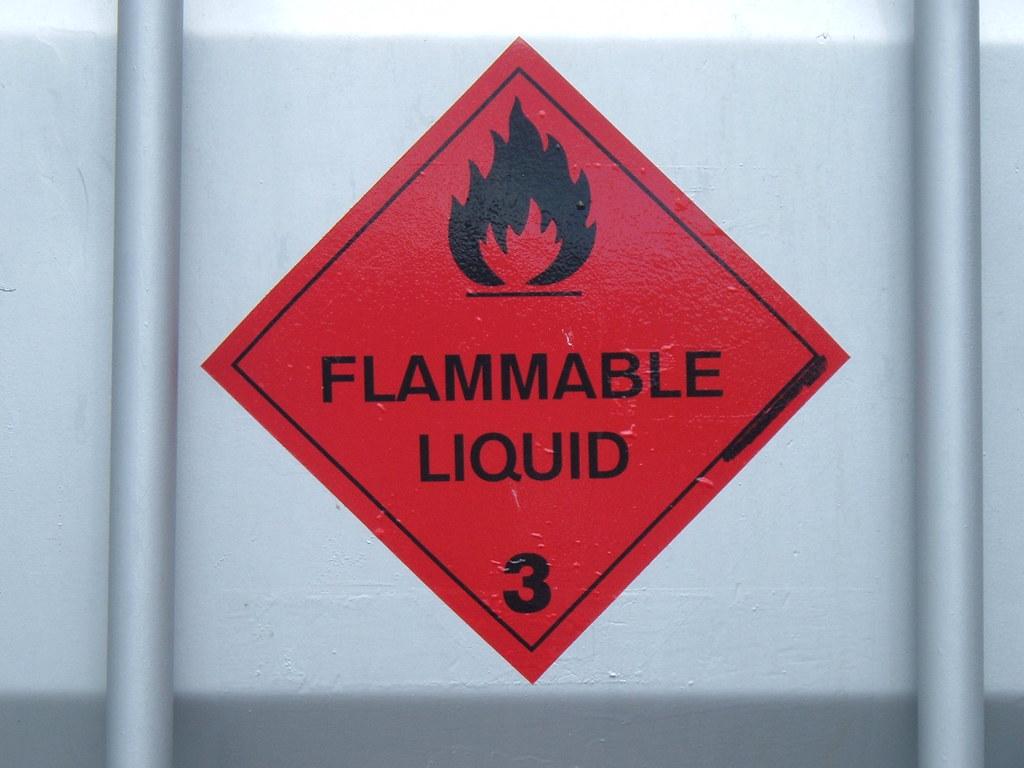
1. Introduction
Moving to a new home can be exhilarating—yet it often involves plenty of logistical challenges. One critical aspect is figuring out what movers in Uganda won’t move due to legal or safety constraints. Whether you’re relocating within Kampala or moving from Jinja to another district, understanding these “non-allowable items” will save you time, prevent damage, and help you avoid legal trouble.
Professional Ugandan moving companies must comply with both local and international guidelines. Consequently, they may refuse to handle certain belongings that pose risks to people, property, or the environment. Learning which items are off-limits is an essential first step toward a smooth and incident-free relocation.
2. Why Certain Items Are Restricted
2.1 Legal Compliance
Different countries enforce unique laws on transporting specific goods. In Uganda, local regulations govern flammable, explosive, and hazardous materials, with some items outright banned in moving trucks. Legitimate moving companies follow these rules strictly to maintain valid licenses and avoid penalties.
2.2 Safety and Liability
Accidents happen—yet movers can minimize them by denying items that are prone to spills, explosions, or contamination. The interior of a moving truck is a confined space, so a single mishap could endanger the lives of the movers, damage other customers’ property, or pollute the environment. This liability risk often leads companies to adopt strict non-transportable items policies.
2.3 Preservation of Goods
Even harmless items can attract pests or cause damage under certain conditions. Movers want to keep your belongings in prime condition and ensure all items inside the truck remain safe. By prohibiting certain types of products—especially perishable or hazardous ones—companies maintain a higher standard of service and minimize complications during transit.
3. Hazardous Materials
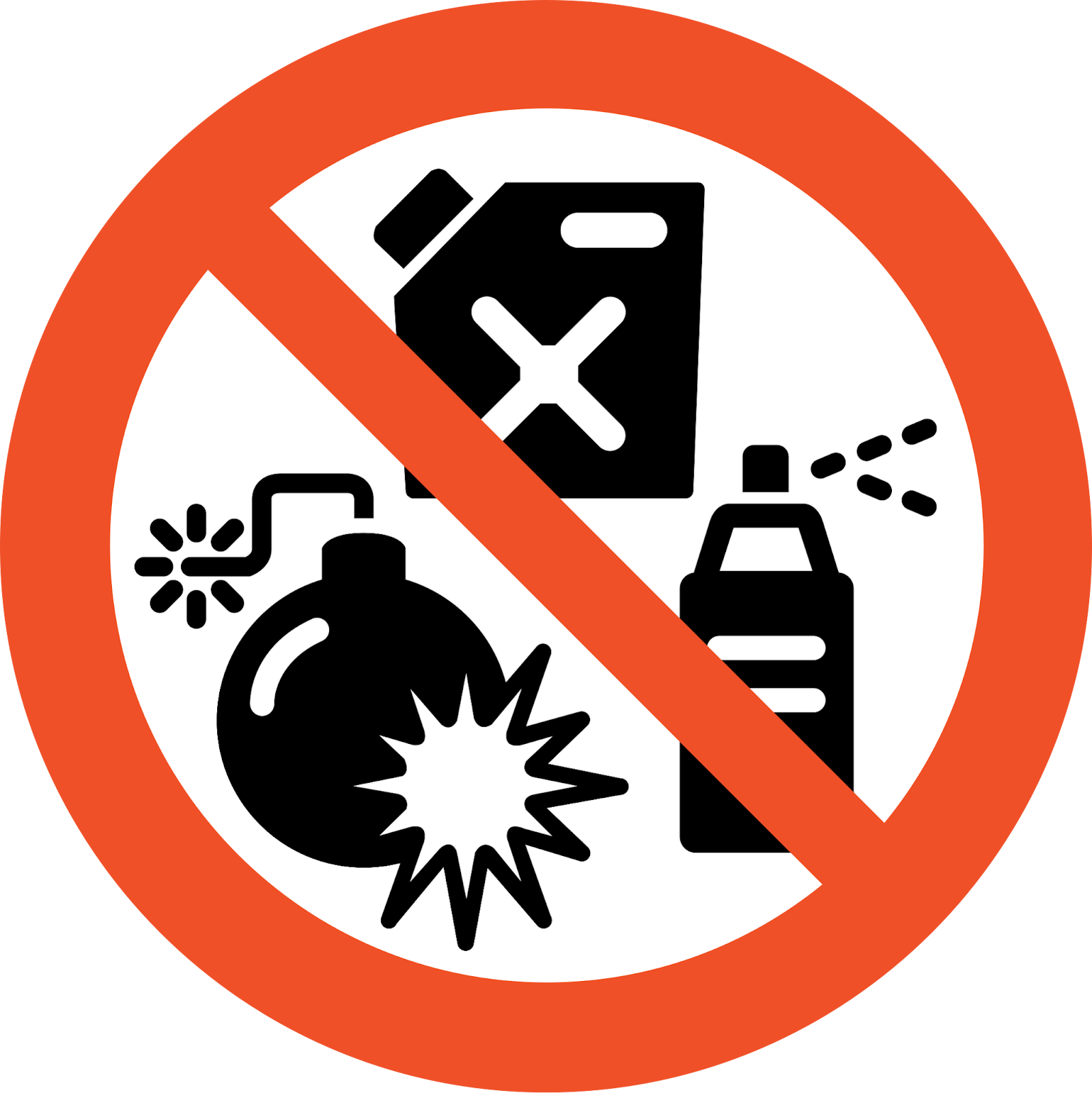
Of all the things movers in Uganda won’t move, hazardous materials top the list. These substances can be flammable, corrosive, or explosive, making them highly risky to transport.
3.1 Common Hazardous Items
- Flammable Liquids: Gasoline, kerosene, paint thinners, and lighter fluids
- Explosives: Fireworks, ammunition, and black powder
- Corrosive Substances: Acids, disinfectants, and battery fluids
- Chemical Cleaners: Bleach, pesticides, fertilizer, and weed killers
Pro Tip: If an item can ignite, spill, or corrode other belongings, it’s almost certainly not allowed on the moving truck.
3.2 Proper Disposal or Transfer
Before moving day, dispose of or safely transfer these materials to someone who can use them. For instance, empty the fuel from lawnmowers or power generators, and never pack aerosol cans with your general belongings. If you’re unsure about how to dispose of a specific substance, contact Uganda’s local environmental agencies or ask the mover directly for guidance.
3.3 Legal Considerations
Uganda’s transportation regulations strictly control the movement of dangerous goods. Professional moving companies that fail to comply could face hefty fines or even lose their operating licenses. As a responsible customer, avoid “sneaking in” any prohibited items. Failure to do so could void any moving insurance claims if damages occur—and may also land you in legal hot water.
4. Perishable Food Items
4.1 Why Movers in Uganda Avoid Transporting Food
Perishable food items can spoil quickly in the warm climate, potentially causing unpleasant odors and attracting insects or rodents. Beyond the risk of contamination, spoiling foods can damage other belongings inside the truck. Movers typically refuse to handle any fresh or perishable groceries for these reasons.
4.2 Deciding Which Foods to Keep or Discard
- Fresh & Frozen Foods: Poultry, meat, fish, dairy products, and anything stored in your refrigerator or freezer should be used up or safely discarded before moving day.
- Non-Perishables: Canned goods, powdered items, and sealed packages are often allowed on short-distance moves, provided they’re well-packed and sealed. However, confirm with your chosen mover as policies may vary.
4.3 Tips for Preventing Food Waste
- Meal Planning: Use up what you have in the week leading to moving day.
- Donate: Seek out local charities or community centers around Kampala or your hometown to give away unopened packages.
- Friends & Family: Offer fresh produce or perishables to neighbors who can use them immediately.
Remember, transporting frozen foods over a long distance could lead to spoilage, so it’s best to consume or share them beforehand.
5. Plants and Agricultural Products
5.1 General Restrictions
For long distance moving, plants and agricultural goods present unique challenges, especially if the move is poised to take a significant amount of time or if they require temporary storage.
The goal is to prevent the spread of pests and diseases that might threaten local agriculture. As a result, some Ugandan moving companies refuse to load live plants onto their trucks for lengthy journeys.
5.2 The Risk of Damage or Contamination
Without the necessary climate control features, house plants and other agricultural produce are delicate and can wilt under extreme temperature swings inside a moving truck. Moreover, soil-borne pests could easily migrate to other customers’ belongings. For these reasons, some movers classify plants as non-allowables, especially for cross-country or cross-border moves.
5.3 Practical Solutions for Plant Lovers
- Gifting: Present your cherished potted friends to a neighbor or local institution (schools, hospitals, or care homes).
- Local Move Exceptions: If you’re moving a short distance—say, within Kampala—ask if your mover will accommodate live plants, and under which conditions.
- Personal Transport: Smaller, easy-to-carry plants might survive a short trip in your own vehicle, especially if you keep them watered and ventilated.
6. Pets and Live Animals

6.1 Why Movers Won’t Handle Pets
Moving vans are not equipped to provide animals with proper ventilation, temperature control, or care. Placing a pet—dog, cat, bird, or otherwise—inside a moving truck is both illegal and inhumane. Reputable moving companies in Uganda strictly refuse to load live animals to avoid potential risks and liabilities.
6.2 Safe Pet Relocation Options
- Personal Vehicle: Driving with your pet allows you to monitor them closely, ensuring they remain calm and comfortable.
- Air Travel: If you’re heading to a distant location, check airlines that permit pet travel. Always follow the airline’s specific guidelines and obtain necessary health certificates.
- Professional Pet Movers: Specialized companies exist to handle pet relocations—a great option when distance or logistics make personal transportation difficult.
6.3 Preparing Your Pet for the Move
- Veterinary Check: Schedule a vet visit before the journey to update vaccines and confirm your pet’s overall health.
- Pet Carrier: Use a well-ventilated crate or carrier that fits your animal comfortably.
- Familiarity: Keep favorite toys, blankets, or treats on hand to reduce your pet’s stress levels.
7. Irreplaceable and High-Value Items
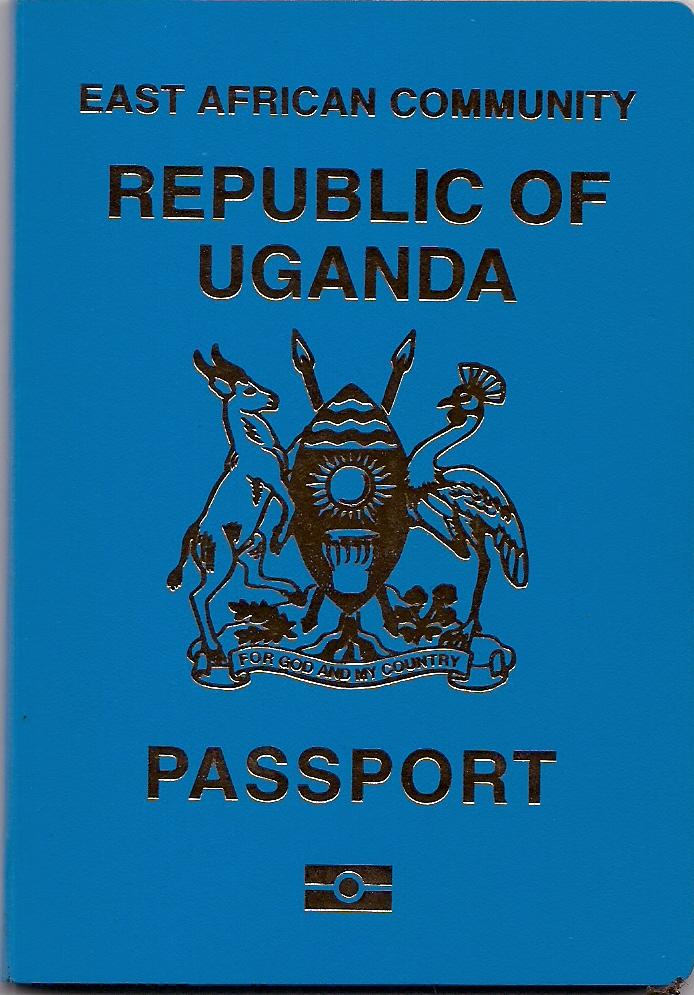
7.1 Why Movers Avoid Transporting Valuables
Movers in Uganda—and everywhere else—often refuse to handle certain high-value belongings because of the heightened risk of theft, loss, or damage. Whether it’s a family heirloom or an expensive electronic device, the potential liability is too great for many companies to bear.
7.2 Examples of Irreplaceable Possessions
- Essential Documents: Passports, birth certificates, wills, and legal paperwork
- Sentimental Items: Photo albums, personal letters, heirloom jewelry
- Financial Instruments: Cash, credit/debit cards, stocks, bonds
- High-End Electronics: Laptops, professional cameras, e-book readers
7.3 Safe Transport Tips
Whenever possible, keep these valuables with you in a personal bag or carry-on. If you must ship them, use a specialized courier service with tracking and insurance. This minimizes the chance of loss and ensures peace of mind during your relocation.
8. What to Do with Non-Allowable Items
As a general best practice, most professional movers usually communicate the items that they are not willing/allowed to pack or carry before commencing a move.
They also provide adequate moving materials for you to safely pack your sensitive and valuable belongings.
8.1. Hazardous Materials
- Identify & Separate: Pinpoint flammables (e.g., gasoline, kerosene), corrosives (acids, bleach), and explosive items (fireworks, ammunition). Keep them separate from other belongings.
- Dispose Safely: Contact local waste management or environmental agencies for approved disposal sites. Never pour chemicals down the drain or throw them into regular trash.
- Use Up What You Can: If it’s safe to do so (e.g., leftover paint), finish it before moving or donate unused portions to neighbors or community projects.
8.2. Perishable Food
- Plan Meals: Consume or cook perishables in the days before you move.
- Donate Locally: Gift fresh produce, meats, or dairy to shelters, charities, or neighbors who can use them immediately.
- Transport Short Distances: If you’re moving nearby and the mover permits it, pack sealed non-perishable food in sturdy, sealed containers.
8.3. Plants
- Check Regulations: Certain plants or agricultural products might be restricted across districts or borders to prevent spreading pests.
- Gift or Rehome: Give cherished plants to friends or local facilities (schools, hospitals). This ensures they continue to thrive instead of risking damage in transit.
- Self-Transport: If your move is local and feasible, carry small potted plants in your own vehicle with sufficient ventilation and watering.
8.4. Pets
- Personal Vehicle: The safest option is to travel with your pets, ensuring they get air, comfort, and regular breaks.
- Professional Pet Movers: If you’re covering a long distance or crossing international borders, specialized pet relocation services can handle veterinary checks, paperwork, and safe transport.
- Prep Ahead: Schedule a vet visit for vaccinations and general health checks. Make sure carriers are well-ventilated and that pets have familiar toys or blankets.
8.5. Irreplaceable & High-Value Items
- Hand-Carry: Keep vital documents (passports, birth certificates), heirloom jewelry, and sentimental keepsakes with you at all times.
- Consider Special Couriers: For extremely valuable items—like artworks or rare collections—use specialized shipping services that offer tracking, insurance, and careful handling.
- Insure Where Possible: Even if you’re carrying them yourself, having insurance gives peace of mind against theft or accidental loss.
Final Tip: If you have any doubts about an item’s safety or legality, speak directly with your moving company or local regulatory bodies. Being transparent and informed prevents last-minute surprises and safeguards you, your belongings, and the moving crew.
9. Conclusion
Moving to a new home in Uganda or beyond doesn’t have to be complicated—especially when you know which items are restricted. From hazardous materials and perishables to beloved pets and valuable documents, being aware of these non-allowable items prevents delays, protects your belongings, and keeps everyone safe.
As you finalize your relocation plan, request the restricted-items list from your chosen movers and prepare accordingly. When in doubt, consult your moving company or relevant local authorities for guidance. Armed with this knowledge, you’ll avoid unnecessary headaches and enjoy a smoother, stress-free transition to your next home.
Why Nellions Uganda Is Your Ideal Moving Partner
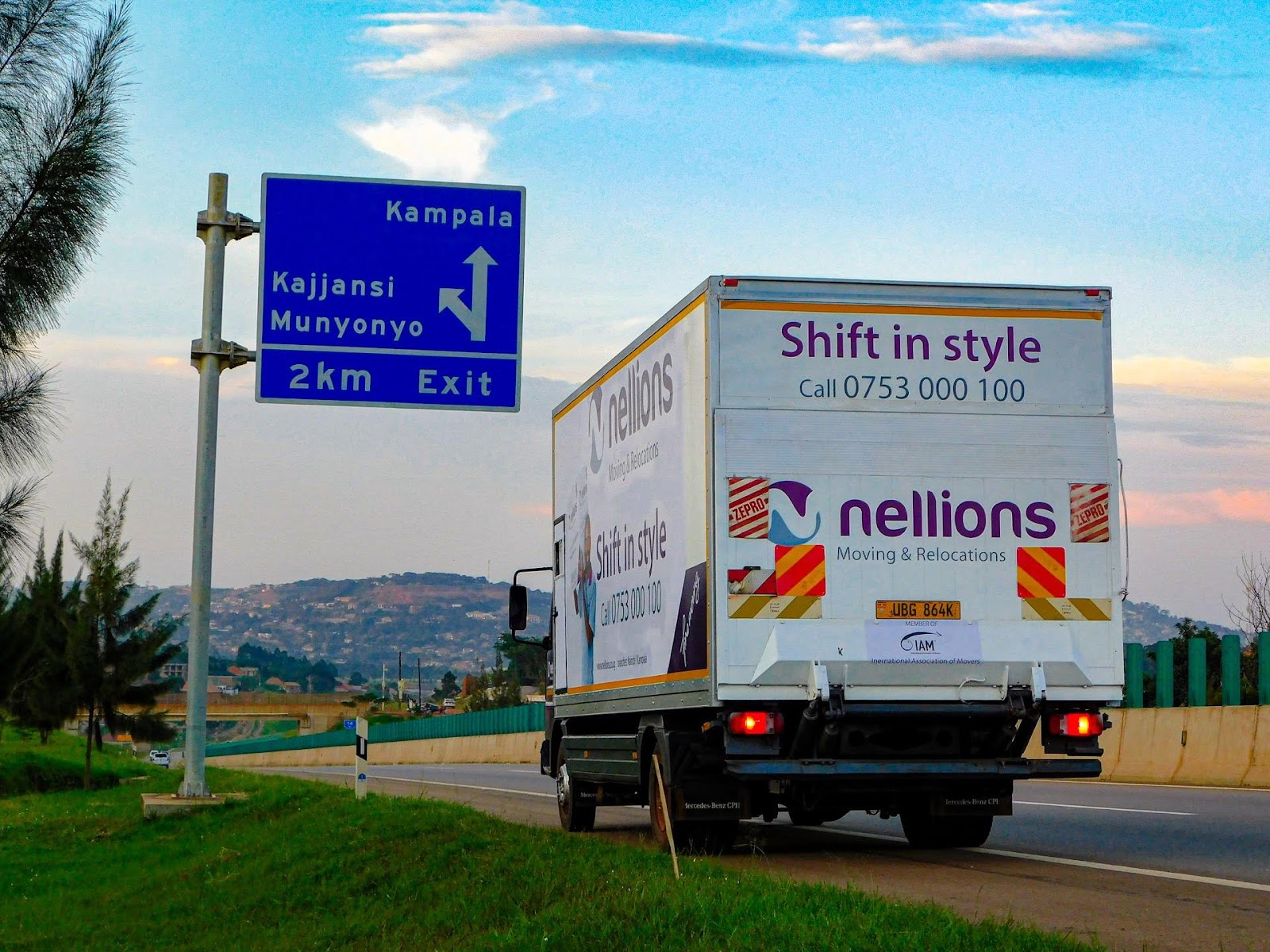
Nellions Uganda stands out by offering exceptional customer service and deep local expertise. Our dedicated team understands Ugandan regulations and logistics, ensuring a smooth move for families and individuals. From professional packing to transparent pricing, Nellions Uganda combines reliability, efficiency, and personalized attention—making every relocation stress-free and secure.

